The process by which we make decisions is suffused with emotion. We can’t escape it. We are genetically programmed to behave in an emotional, instinctive manner. It is what helped us survive as a species. When our early human ancestors were confronted with a threat, say a charging lion, they didn’t stop to contemplate the motivation of the lion or the speed with which the lion was coming at them. Their primitive fight or flight response kicked in. They felt fear and they fought or they ran.

Image from Pixabay
When sensing such a threat, a surge of chemicals is released into our bloodstreams. These chemicals cause an increase in heart rate, blood pressure, and breathing rate so that we more efficiently move oxygen and blood to our muscles – an important physiologic response when we need to outrun or fight our enemy. They cause our pupils to dilate so that we can better see the threat. And they heighten our senses so that we can be more aware of cues in our environment that might keep us safe.
These physiologic changes in our bodies happen rapidly, within seconds. This makes sense. If a lion is bearing down upon us, we have to respond quickly if we are to survive. There is no time for reason and thought. But it turns out that this instinctual, emotional response can sometimes lead us astray.
These days, we rarely encounter such sudden threats to our physical person. It is not lions that trigger our fight or flight response most commonly. It is confrontation of another sort. In our current environment of 24/7 access to information, it is more often the data and information that we encounter (a claim that challenges our deeply held beliefs, for example) that elicits that initial emotional response. It turns out that the same fight or flight reaction happens when we feel ANY form of threat, even a threat to our ego.
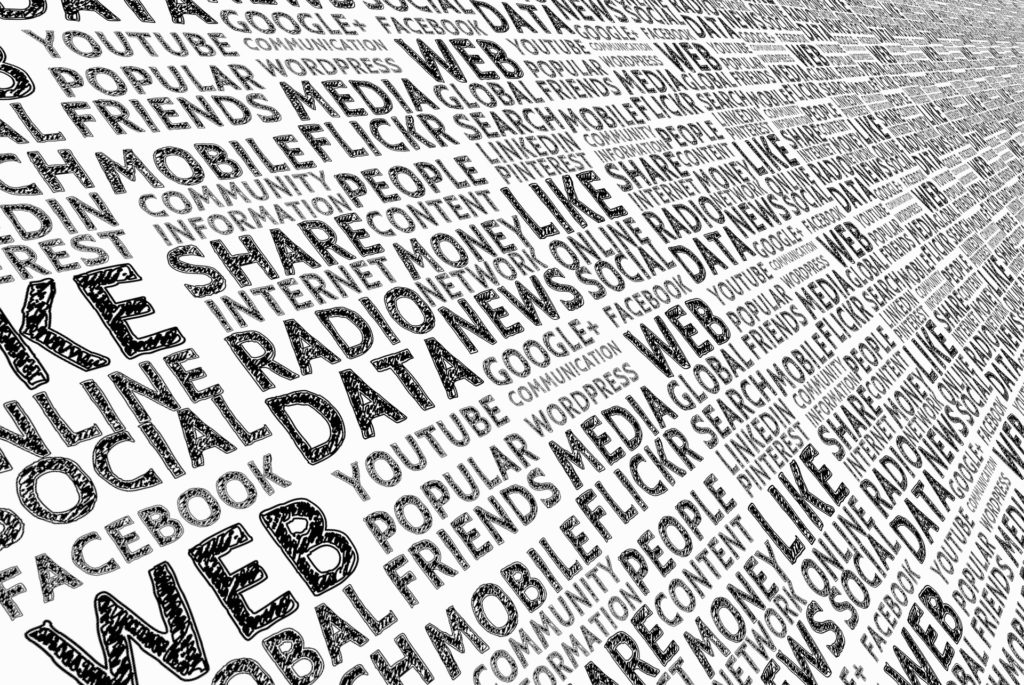
Image from Pixabay
Think about what happens when we read something on Twitter or Facebook that runs counter to our political views, views which are generally strongly held. We probably don’t first say to ourselves, “I wonder where that person is coming from? What life experiences have they had that have lead them to hold this point of view?”. We are more likely to first think, “What an idiot! That person has no moral compass. It’s people like him who…(insert claim of all that is wrong with the world here)”. Our emotional impulses are kicking in. Anger, disgust, and fear are our initial instinctual responses.
Think about how you feel when you are in an argument with someone. Is your first instinct to try and understand the other person’s point of view or is it to defend yourself and your stance? If you’re like the rest of us, you likely dig in your heels and get ready for a fight. Only later, when emotions have calmed and you have time for reflection and thought, do you consider where the other person might be coming from and try to see things as they see them, leading to better understanding and even possible agreement.
My focus in my medical practice is on preventive care. I want to help people stay healthy – to prevent the illnesses that can keep them from leading their most fulfilled lives. This is why I frequently counsel my patients about healthy eating, the importance of exercise, the need to treat depression and anxiety as we would any other physical ailment, and why I recommend regular mammograms and colonoscopies, for example. It is also why I am so passionate about vaccines.

Image from Pixabay
Vaccinations are one of the most successful preventive and public health interventions of all time. We no longer commonly see deadly and devastating diseases like tetanus, measles, polio, and, the mother of them all, smallpox, thanks to vaccines. Only after the introduction of immunizations against these diseases, and others, did we see a significant decline in illness rates. Thanks to vaccination, smallpox was entirely eradicated from the planet and vaccination against this disease is no longer required. Indeed, this is our goal for ALL vaccine-preventable diseases… to vaccinate them out of existence.
Unfortunately, with passing years, people have forgotten the devastation that these illnesses caused. They’ve forgotten the losses suffered in 1918 when millions and millions of people across the planet died from influenza, before a flu vaccine was available. Their memory is short when it comes to recalling the fear that parents lived with during the 1940s and 50s, when polio ravaged the earth. Some now even, erroneously, see the vaccines themselves as more dangerous than the diseases they are meant to protect against.
In the pro-vaccine community, it has been theorized that, only after the world is dealt another pandemic illness will people come to recognize the importance of immunizations. It didn’t seem to cause too much heartburn in the anti-vaccine community when measles came roaring back in 2019, jumping by an estimated 300% from the year prior. But perhaps that wasn’t a great enough number to cause alarm. Maybe not enough people died, which seems to be the only benchmark that the anti-vaccine community focuses on. Hospitalizations, long-term health consequences, and the financial cost to the community seem less of a concern.
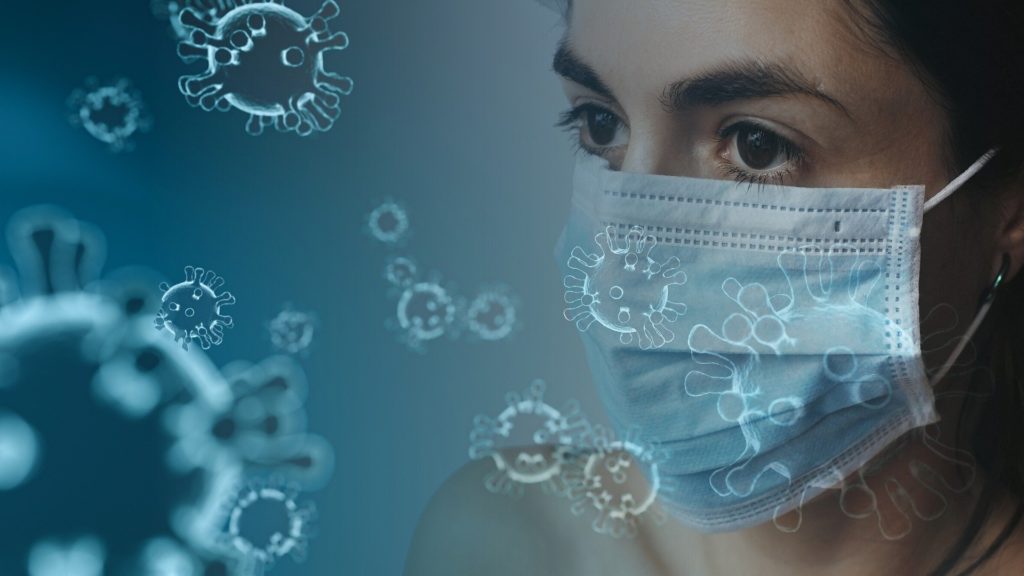
Image from Pixabay
Well, now we have SARS-CoV-2… a real bonafide pandemic. Thanks to this novel Coronavirus, against which we have no built-up defenses, we will get the opportunity to see if minds will change. We have no vaccine. We have no effective treatments. We have no way to protect ourselves, other than to avoid contact with others who may pass the virus along. Will the millions of infections that occur across the globe effect the vaccine-questioning mindset? Will the hundreds of thousands of deaths impact their point of view? Will the enormous disruption to life and the immeasurable personal and community cost make them long for prevention? I pride myself on my ability to remain ever hopeful, a glass half-full kind of gal. For some, I think it will.
But recent events across the country give me some cause for concern. Groups are gathering en masse, both privately and publicly, against public health recommendations. Whether it be because they doubt the seriousness, or even veracity, of the claims about COVID19’s devastation or whether they gather to try to push lawmakers to loosen social distancing restrictions, this is the absolute wrong thing to do and the wrong time to do it.
I completely understand that distancing from our loved ones is hard. It is really hard. I also understand how frightening it is to not have work, to not be able to pay bills, or to suddenly have to rely on public assistance for food or housing. But if we relax our commitment to social distancing too soon, when we don’t have adequate treatments or prevention and we don’t have the diagnostic or antibody tests available to do it in a safe and controlled manner, we will set ourselves back even further.
I have long felt that we have developed, as a society, a profound lack of imagination. Let’s blame it on technology (I like to blame all the world’s ills on technology, just ask my kids). This lack of imagination prevents us from being able to put ourselves in others’ shoes. It limits our ability to empathize. But what we need now, more than ever, is to be able to imagine the “what ifs” of our COVID19 world.
What if we go back to school and work too soon and we see a resurgence of illness and an increase in deaths? What if we loosen travel restrictions too early and we import or export more cases of this disease? What if we don’t follow recommendations to limit contact to only those family members who live in our homes, and we contract the virus or give it to others who could die from the disease? What if we were that person who couldn’t be with their spouse or parent in the ICU and our loved one had to die alone? Imagine how we would feel.
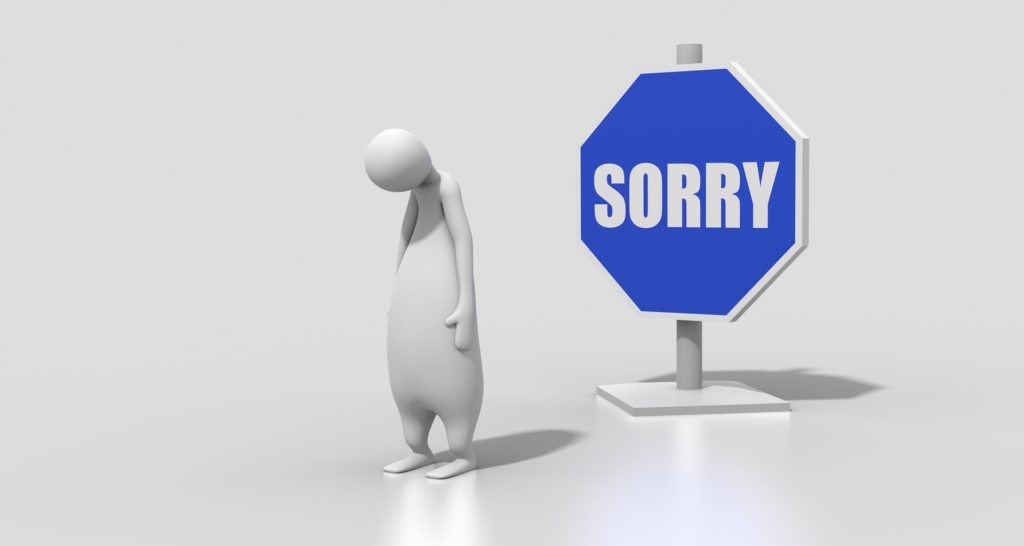
Image from Pixabay
I try to take people through this same mental exercise when they are considering not vaccinating. I am introducing patients to what is called the fear of anticipated regret. What should we fear most? When it comes to vaccination, people sometimes fear that they will feel guilty if they choose to immunize and an adverse reaction occurs. But what they don’t always consider is the opposite.
How will we feel if we choose NOT to vaccinate, and our child gets measles and suffers permanent brain damage, for example? What if we choose not to get the flu shot and unknowingly (since we can spread viruses before we have even one symptom) infect a grandparent who dies from the illness? How will our child feel if they develop cervical cancer or throat cancer as an adult and learn that there was a vaccine to prevent their suffering, but we chose not to give it to them? That’s a whole lotta regret.
In reality, vaccines are the most highly regulated medical interventions that we have. They have to be, since we give them to completely healthy people. What we must remember is that all things in life carry some degree of risk – eating a peanut, driving a car. But when it comes to vaccines, these risks are often mild and any more significant risks are EXTREMELY rare. The risk of the disease itself is much greater!
We can use this same technique when talking to those folks choosing not to follow our preventive care guidelines when it comes to COVID19. Which would you regret more – suffering feelings of isolation and uncertainty to protect your loved ones and community or spreading a potentially deadly and certainly very highly costly disease to friends or family because life, temporarily separated from others or from work, is uncomfortable and unpleasant.
It is said that our ability to reason is what separates us from animals. It is what makes humans more highly evolved. Yet, all too often, we aren’t relying on reason to help us make some very important decisions. Instead, we often “go with our gut”. But, as I said before, our initial feelings, our “gut instincts”, can sometimes lead us astray. In this case, they can be dangerous.
Our COVID19 world is in full on fight or flight mode. All of us have heightened senses. Our eyes are wide to the present threat. Our collective hearts are racing. Our blood pressure is high. We are ready to fight. But we can’t fight our way out of this, at least not in the traditional sense. And we can’t run from it – there is no where to hide. This fight is not physical. This fight is mental. Instead of keeping us active and moving, this fight keeps us still. It is a dichotomy of thinking that is difficult to grasp. But we must try.
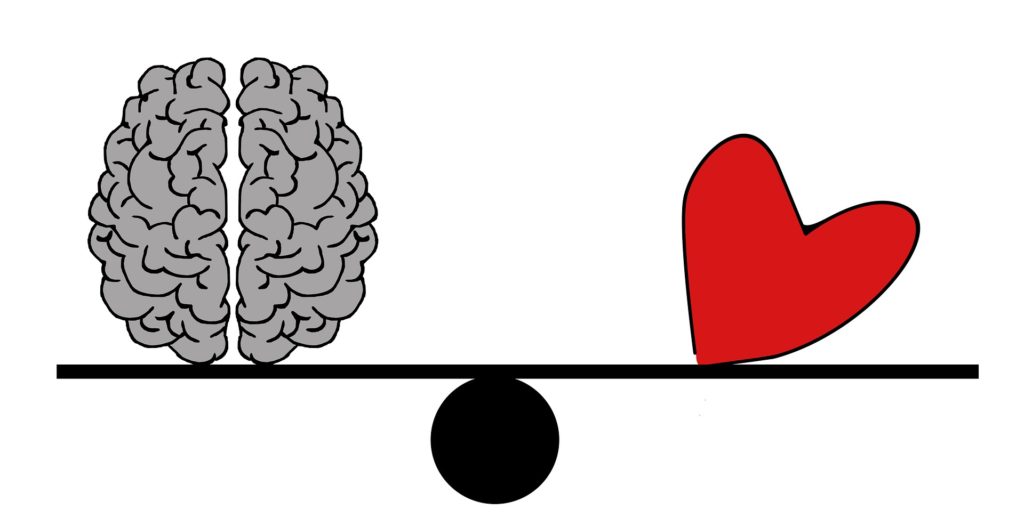
Image from Pixabay
We must step back from our instinctive emotions of fear and anger and frustration. We must engage our reasoning. No matter what our hearts say, reasoning tells us that we must open our society in a planned and controlled way. Science, medicine, and public health best practices need to dictate how we return to “normal” life… whatever that new normal may be.
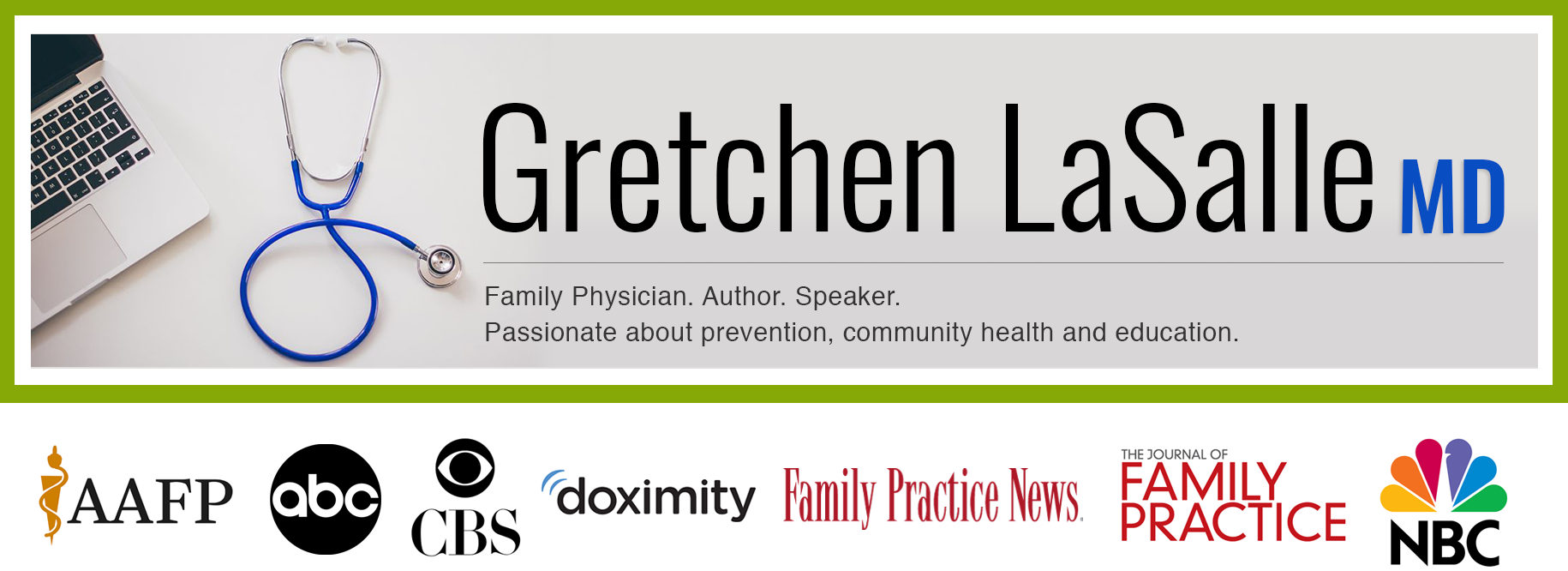
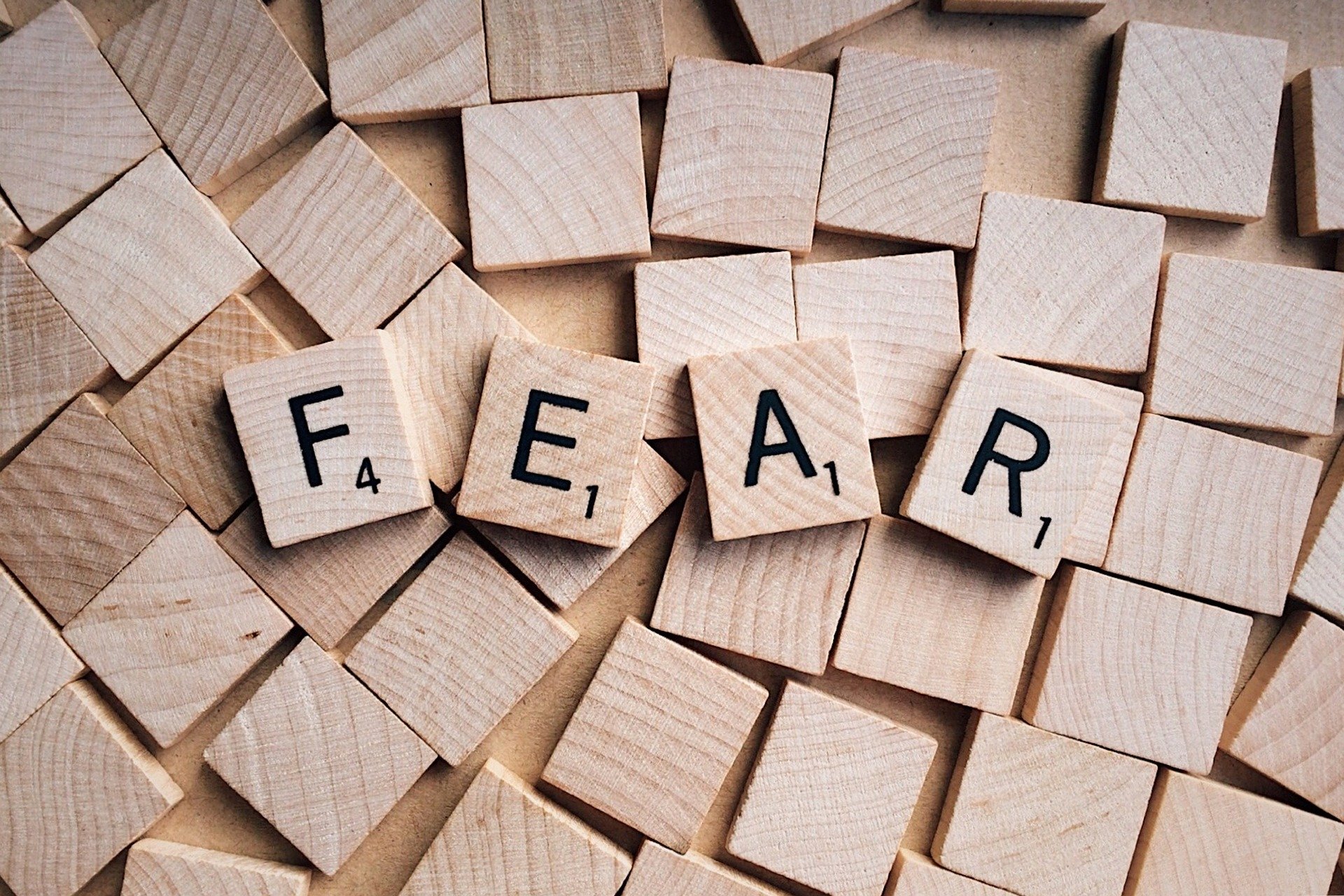
Love your articles. Informative and well written.